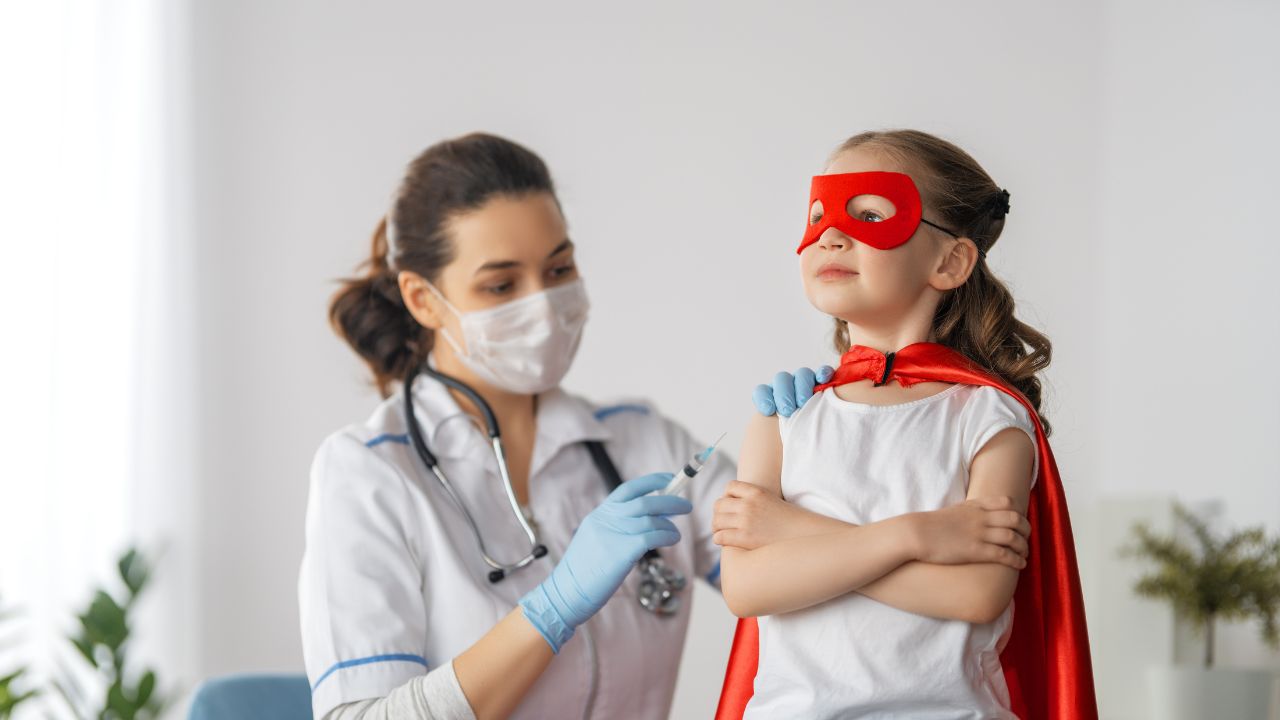November is National Healthy Skin Month in the United States. In this article, you will find out why November is dedicated to this vital organ, how to detect early signs of skin cancer, learn why healthy skin is essential, and read tips on maintaining healthy skin.
What Does Your Skin Do?
Did you know that you have about 22 square feet of skin, and it weighs some 8 pounds (much more than the brain)?
Your skin is an organ with specific functions, protecting the rest of the body from extreme temperatures, damaging sunlight, harmful chemicals, and the attack of infection, keeping bacteria and fungi out. It is insulating and waterproof. Without it, we would evaporate!
The skin enables our sense of touch, the first sense to develop in a human fetus. At eight weeks, sensory receptor development begins initially in the face, mainly on the lips and nose; for infants, the sense of touch is crucial to learning and bonding. There are specific clinicians and wound care nurses, who work with wounds on a daily basis.
Why is November National Healthy Skin Month?
Skin cancer, the most widespread form of cancer, appears in approximately 1 in 5 Americans. Fortunately, the American Academy of Dermatology (AAD) is committed to informing the public about the dangers of skin cancer. Squamous cell carcinoma and basal cell carcinoma are the two most prevalent forms of skin cancer. However, most deaths related to skin cancer are due to a less common type, melanoma. This year, 2022, AAD expects around 7,650 deaths due to melanoma (about 5,080 men and 2,570 women), and the rate has been increasing in recent decades.
In November 1997, AAD inaugurated the National Healthy Skin Month®, now a yearly event in which the AAD. During this month, dermatologists teach the value of good skin care, share advice for healthier skin, hair, and nails, and ask Americans to pay attention to their skin and adopt healthy habits to care for their skin.
How can You Identify Early Signs of Skin Cancer?
Call a dermatologist if you notice new spots on your skin, different from others, or that change, itch, or bleed. Be on the alert for these early signs of melanoma skin cancer:
Spots and Sores
- A new or changing spot or growth on the skin
- A sore that bleeds or doesn’t heal for several weeks
- A rough red patch, which might crust or bleed
Moles
- Change in size, variation in color, or irregular borders of a mole
- New, rapidly growing moles, or moles that itch or bleed
As long as it is detected early while it is still localized in the skin and then suitably treated, melanoma is highly curable, with an estimated five-year survival rate of 99% in the U.S.
To help you detect skin cancer early when it’s most treatable, AAD recommends that everyone, even nurses, learn the ABCDEs of melanoma:
May is Skin Cancer Awareness Month, and you can learn more about it in the Nursa article on melanoma Monday.
Why is Skin Health Important?
In addition to the risk of melanoma skin cancer, sepsis can also have its roots in poor skin care. Untreated skin wounds can be the beginning of septicemia, an infection that occurs when specific bacteria enter the bloodstream and spread. The bacteria enter the blood through skin wounds such as a rash or insect bites, as well as infections in other organs or parts of the body. The same bacteria, staphylococcus aureus, is the leading cause of infections in the skin and soft tissue, such as cellulitis, abscesses (boils), and furuncles. It can lead to sepsis and cause organ damage and even death in 5% to 25% of the cases of sepsis.
Even though skin cancer and sepsis are the most lethal ramifications of unhealthy skin, perhaps the damage foremost in our collective awareness is aging, dry and wrinkled skin. We all want to look young, strong, and radiant, and the skin is visible.
With such issues in mind, what can you do to protect your skin?
You can’t stop aging, but you can slow it down and avoid some risks for your skin. Here are some simple routines for a busy nurse to take care of your precious skin, whether you are a per diem nurse (PRN), a travel nurse, or a permanent staff member.
How can you have healthy skin?
5 Healthy Skin Tips
1. Protect your skin from the sun.
- Apply broad-spectrum sunscreen every day, even if you spend the day inside, and
- Don’t tan indoors or outdoors.
2. Eat a balanced diet.
- Diet affects your skin health. A well-balanced diet with whole foods like fruits, vegetables, whole grains, and healthy fats supports overall health and is also suitable for your skin.
- Hydrate your skin from the inside out, drinking at least eight to ten glasses of water daily to make a difference.
3. Exercise and Rest to Deal with Stress.
- Find healthy ways to manage stress since stress can certainly aggravate skin conditions.
- Exercise regularly and energetically, and get all body parts moving and well-circulated. Get enough sleep to feel rested.
4. Avoid or Detect Risks
- Check all over your skin periodically and thoroughly, especially looking for changes in moles or new spots or growths.
- Quit smoking and using tobacco products for one reason the chemicals and nicotine in cigarettes and electronic cigarettes accelerate the aging process.
5. Upgrade your hygiene.
- Wash your face at least twice a day, avoiding antibacterial or antimicrobial soaps that reduce the natural skin acidity that guards your skin against infection.
- Shower regularly with warm but not hot water, and apply a moisturizing lotion to prevent dry skin.
- Take the time to remove dead skin by rubbing vigorously with a towel, and cut your toe and fingernails frequently.
You know the old saying, “beauty is skin deep .” Take care of your skin; you will enhance your good looks, protect your organs, bones, and vitality, and live a longer, healthier, happier life.














